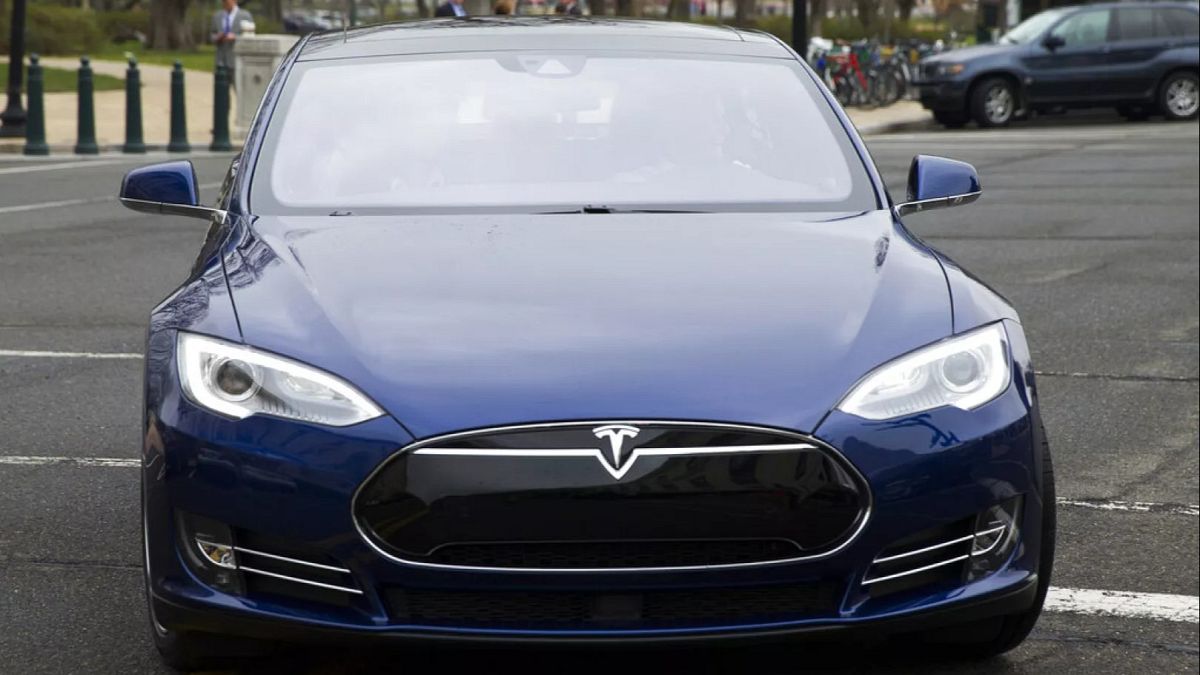
U.S. Advances Self-Driving Car Regulations in 2025
May 03, 2025
self-driving cars
autonomous vehicles
U.S. regulations
federal changes
state legislation
industry impact
safety
innovation
economic growth
In 2025, the U.S. is implementing significant regulatory changes to foster innovation, ensure safety, and build consumer trust in self-driving cars, while also promoting economic growth in the autonomous vehicle industry.
U.S. Self-Driving Car Regulations in 2025
In 2025, the United States is making significant strides in the regulation of self-driving cars, aiming to foster innovation while ensuring safety and consumer trust. Here are the key developments:
Federal-Level Changes
- Regulatory Relaxation: The U.S. Department of Transportation has announced exemptions from certain federal safety regulations for self-driving cars used in research, demonstrations, and non-commercial purposes. This move is designed to reduce red tape and promote innovation in the autonomous vehicle sector.
- Crash Reporting: The Trump administration has streamlined crash reporting requirements for self-driving software, addressing concerns raised by industry leaders like Elon Musk. While the obligation to report crashes remains, the process has been simplified to eliminate unnecessary and duplicative requirements.
- National Standards: Efforts are underway to create a unified set of national rules to replace the current patchwork of state-level regulations, ensuring consistency across the country.
State-Level Legislation
Several states have introduced or enacted laws to regulate autonomous vehicles, reflecting the federal push for standardization and safety:
- Florida (SB1580): Requires a licensed human operator to be physically present in a fully autonomous vehicle under certain conditions, effective July 1, 2024.
- California (AB1777): Mandates that autonomous vehicles comply with all traffic laws, with permit holders subject to the same fines and points as human drivers.
- Kentucky (HB47): Allows autonomous vehicles to operate without a human driver if they meet specific conditions, such as complying with traffic laws and submitting proof of financial responsibility.
Industry Impact
These regulatory changes are expected to have a profound impact on the autonomous vehicle industry:
- Innovation Boost: By reducing regulatory barriers, the U.S. aims to outpace competitors like China in the development of self-driving technology.
- Safety and Trust: Enhanced crash reporting and the establishment of national standards are intended to improve safety and build consumer trust in autonomous vehicles.
- Economic Growth: The autonomous driving system industry is projected to generate between $300 and $400 billion in revenue by 2035, driven by these regulatory advancements.
For more detailed information, you can refer to the Euronews article and the Holistic AI blog.
Sources
AI Regulations for Autonomous Vehicles [Updated 2025] - Holistic AI
In this blog post, we explore some of the US laws targeting autonomous vehicles at the Federal and state levels, examining both proposed and enacted laws.
Big Changes for Self-Driving Car Regulation in 2025! But ... - YouTube
Support us and check out our sponsor: http://getnativepathcollagen.com/Lauren for 45% off and free shipping! Big Changes for Self-Driving ...
How the US is relaxing regulations to lead the self-driving car race
American companies developing self-driving cars will be granted exemptions from certain federal safety regulations for testing purposes, the US ...
